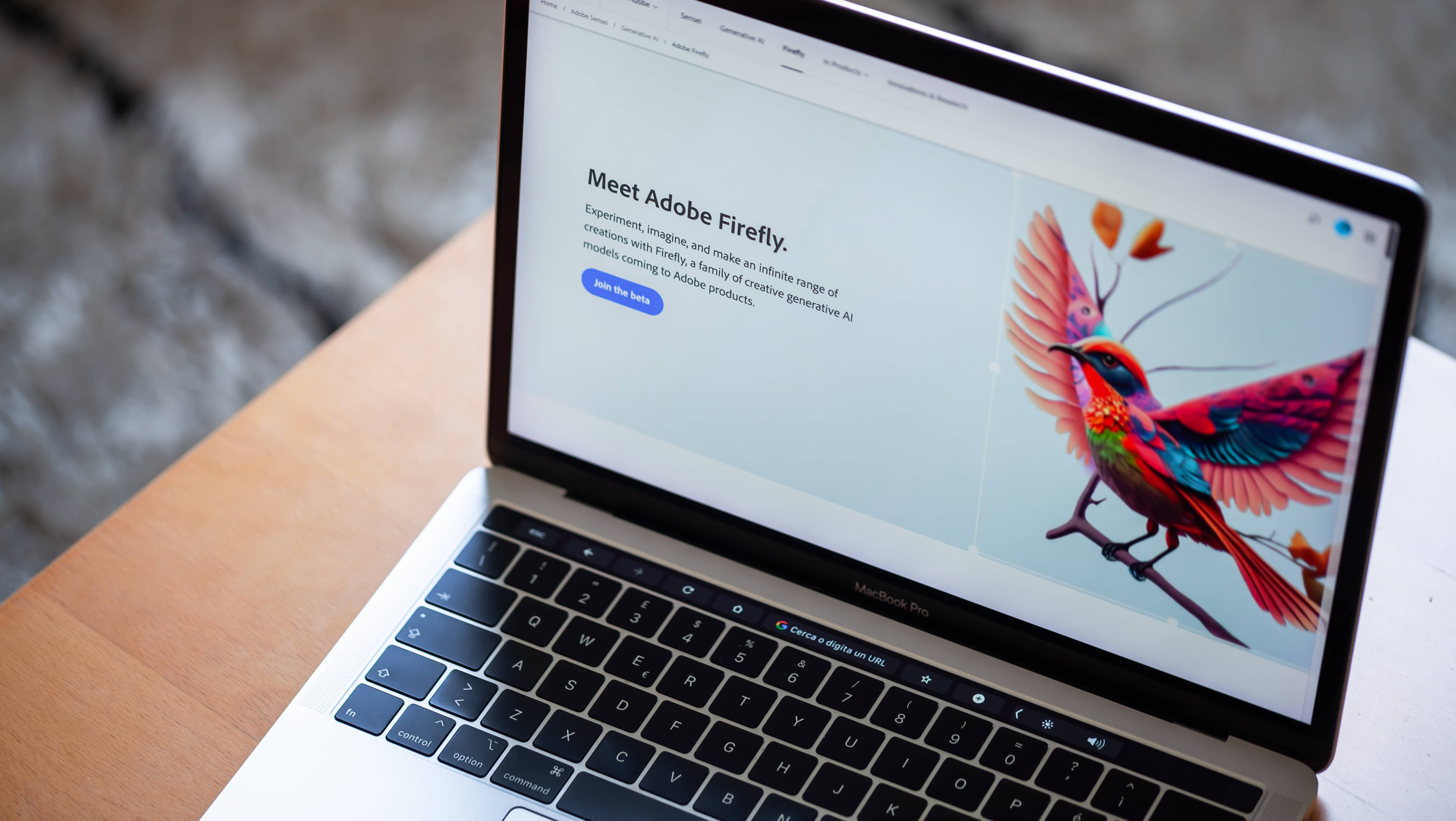Adobe AI image generator just went global with huge update — what you need to know
Adobe's AI Firefly tool just got a very international upgrade

Adobe’s Firefly AI image generation model will now support text prompts in more than 100 languages, the company has announced.
In a statement today, Wednesday, July 12, Adobe said it is enabling users around the world to generate images and text effects using their native language in the standalone Firefly web service. This service will now also be localized to 20 languages including Spanish, French, German, Japanese, and Portuguese.
Firefly is the new family of creative generative AI models coming to Adobe products. You can currently use it in beta mode to generate images from text prompts, use Generative Fill to remove objects or add new ones to photos, or apply styles or textures to words and phrases.
“Today’s announcement is about making Firefly accessible to more people in their preferred languages, so they can continue to leverage our unique model to bring their imagination to life, and create the highest quality assets that are safe for commercial use,” said Adobe’s Digital Media CTO Ely Greenfield.
The company reported over 1 billion assets have been created through Firefly’s website and in Photoshop — two of the most successful beta releases in Adobe’s history. With today’s global expansion, it expects to broaden its reach to millions of new users.
Firefly’s supported languages will include Hindi, Turkish, Chinese, Spanish, and Arabic.
Responsible AI

Adobe says it wants to build responsible AI. Rather than training on artwork from artists indiscriminately, the first Firefly model was trained on Adobe Stock images, openly licensed content and public domain content, where copyright has expired.
Get instant access to breaking news, the hottest reviews, great deals and helpful tips.
Adobe is also working toward a universal “Do Not Train” tag that will remain associated with a piece of content wherever it’s used, published, or stored. Making Firefly more inclusive is another step in the ethical AI direction.
English continues to dominate the publicly available generative AI field. A common language for scientific and technological advances has its upsides. However, at the same time, this could act as a barrier for some people that want to access this technology since they have to become proficient in another language to be able to use it.
In other words, people who could potentially benefit the most from generative AI have a harder time accessing it. Adobe’s latest move did to this barrier what Photoshop has been doing to blemishes in our photos for years: it dumped them.
More from Tom's Guide
- Adobe just put generative AI into Photoshop
- What does Microsoft’s Activision acquisition mean for gamers?
- I tested 5 AI resume builders to help get a job

Christoph Schwaiger is a journalist who mainly covers technology, science, and current affairs. His stories have appeared in Tom's Guide, New Scientist, Live Science, and other established publications. Always up for joining a good discussion, Christoph enjoys speaking at events or to other journalists and has appeared on LBC and Times Radio among other outlets. He believes in giving back to the community and has served on different consultative councils. He was also a National President for Junior Chamber International (JCI), a global organization founded in the USA. You can follow him on Twitter @cschwaigermt.
 Club Benefits
Club Benefits





